Sparrows are seed-eaters, so in the wild they eat mostly grains. They will eat a wide variety of seeds and grain, but their preferred diet is a mix of black oil sunflower, canary seeds and millet. This is the same seed mix that you’ll find in most wild bird seed mixes.
If you see your sparrow eating rice or grains, don’t be alarmed — this is normal behavior for them. Some people have reported that sparrows have died after eating rice or bread, but it’s more likely that they were already ill with another disease such as avian malaria.
If you want to attract them, then you should put out bird seed rather than rice. Rice can swell up in their stomachs if they drink water afterwards, which can kill them. It’s not a good idea to feed rice to birds this way.
It may be surprising to learn that sparrows are omnivores that consume insects and seeds. They also eat fruit, nectar and some small creatures such as spiders. They can be a nuisance to farmers who grow grains or rice because they feed on the seeds. It is best to protect your garden from sparrows by using scarecrows, bird netting and other methods.
Is Rice Good for Sparrow?
Rice is the main source of carbohydrates, very rich in energy, rich in vitamins and minerals, and can be eaten by people at all ages. Sparrows do not eat rice directly, so they need to grind into powder first.
In addition to rice powder, you can also give sparrows some milk powder or yogurt. In addition to being good for sparrows’ growth, it can also prevent calcium deficiency during breeding.
Rice is a staple food in many diets, including the diet of many birds. Brown rice is rich in fiber, vitamins and minerals and provides antioxidants that can help fight inflammation, lower cholesterol and protect against cancer. While brown rice might be good for many birds, white rice is not as nutritious because it lacks fiber and some of the vitamins and minerals that brown rice provides.
In the wild, sparrows do eat rice, grains and seeds. However, this is in moderation as they also eat other fruits and vegetables. In captivity, sparrows can be fed a range of foods including boiled eggs and fruit such as apples.
Is Rice Harmful to Birds?
Birds do not digest rice very well and it can cause them to swell up. This is especially true for waterfowl such as ducks, geese and swans. They will eat the rice and then drink a lot of water to try to wash it down. The rice expands in the stomach and they can die of ruptures or starvation due to the fact that their stomachs have become so large they can no longer eat food.
Rice is mostly carbs and contains no protein. If you feed rice to a bird, it will cause the bird to poop out all the extra carbs (rice) but will not get any nutrients from it. This can lead to malnutrition, especially in young birds that need a lot more protein than adults.
The reason why people think rice will expand in the stomach of a bird is because they have heard that uncooked rice expands in water, and they apply this to birds in the mistaken belief that they are similar to humans. But birds don’t digest food in exactly the same way as humans do, so this myth doesn’t apply to them.
Can Sparrows Eat Uncooked Rice?
Uncooked rice is very harmful to birds. It has a lot of starch, which when ingested swells causing the bird’s stomach to swell. This can lead to her death. In addition, raw rice does not contain all the vitamins and minerals necessary for the life of a sparrow.
Uncooked rice contains no nutritional value for the bird, so it should make up only a small percentage of its daily diet.
Cooked rice is easier for sparrows to digest, and it also offers more nutritional value. Cooked white rice is best for birds with digestive issues. Brown rice takes longer to digest, so it may be best to avoid it if your sparrow has digestive issues.
Cooked rice can be fed to birds, but only in moderation. The starch in the grain can turn into sugar in their bodies and make them overweight. Birds that are overweight tend to have shorter life spans, so it is always better to feed just enough healthy food that the birds need for energy and nutrition rather than more than they need.
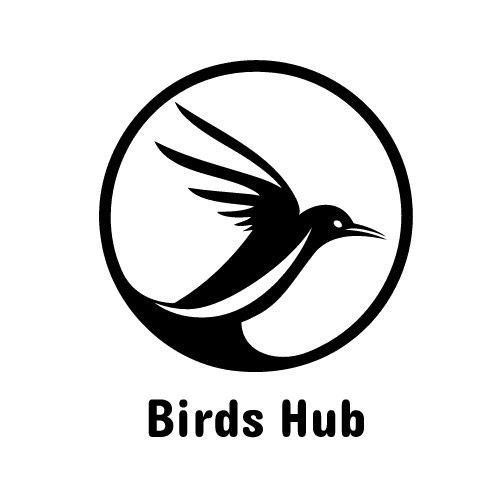
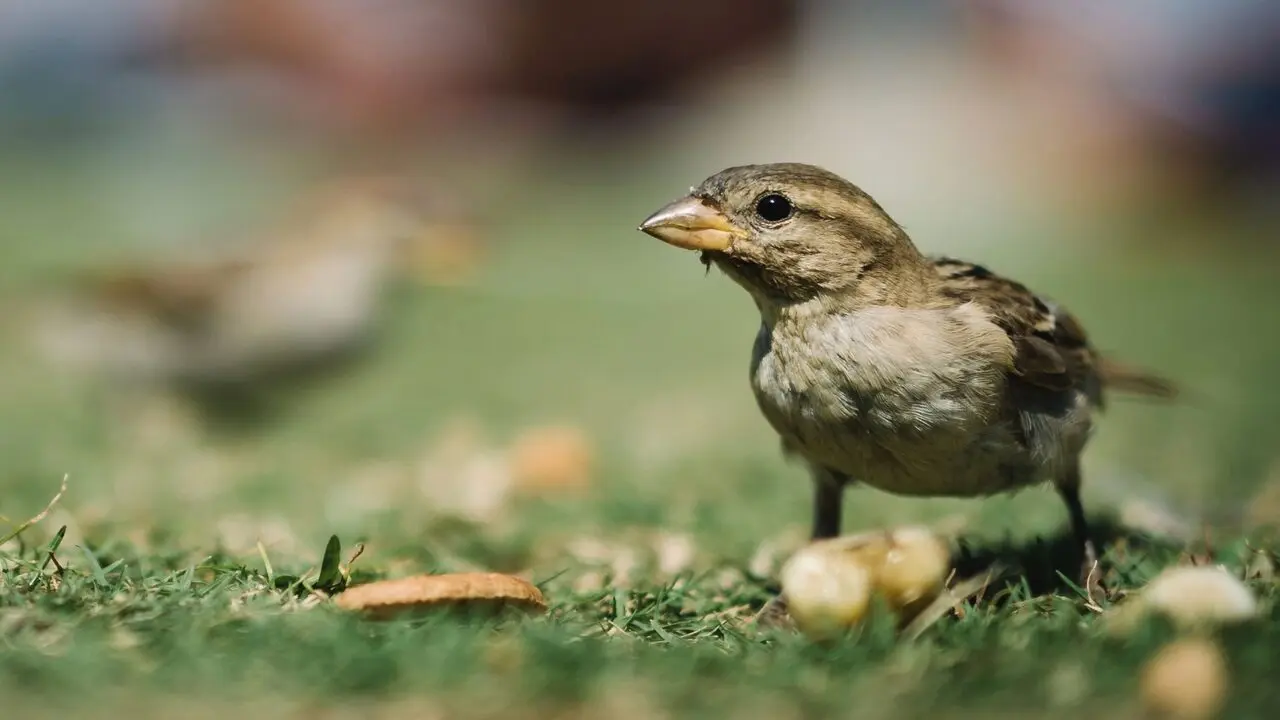
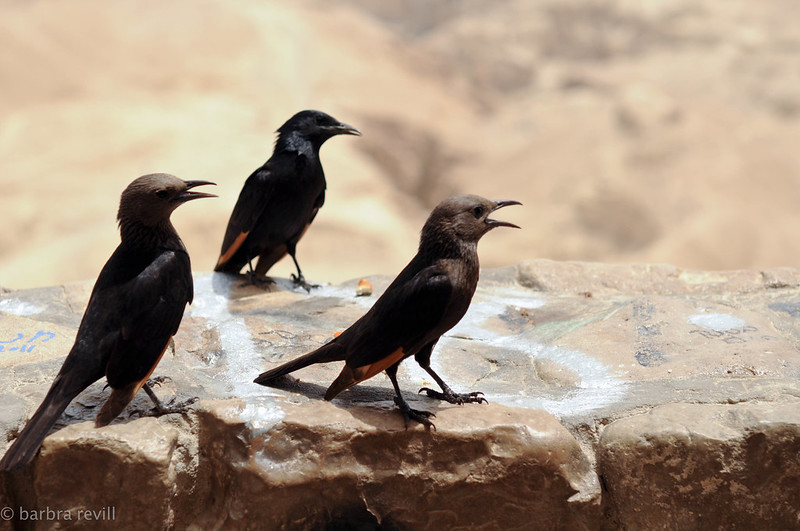
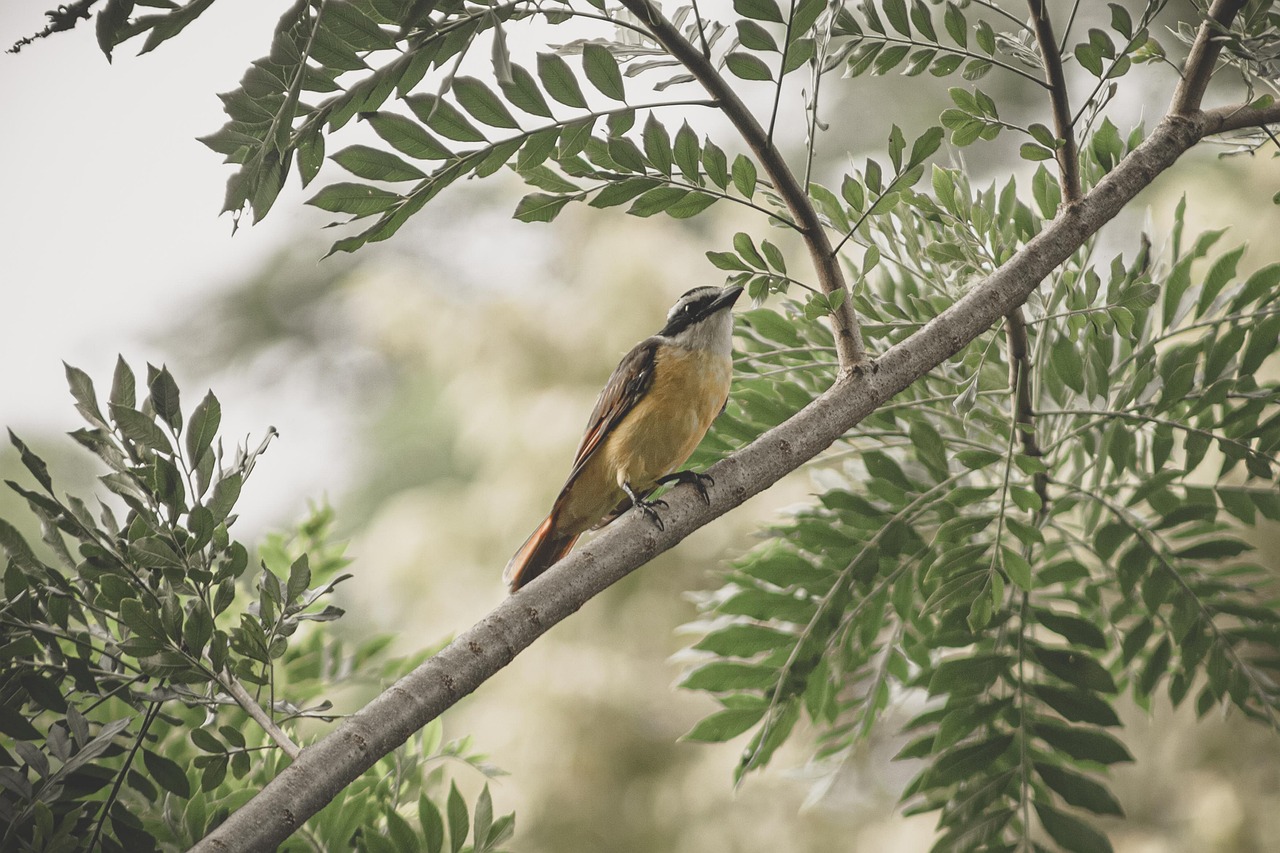
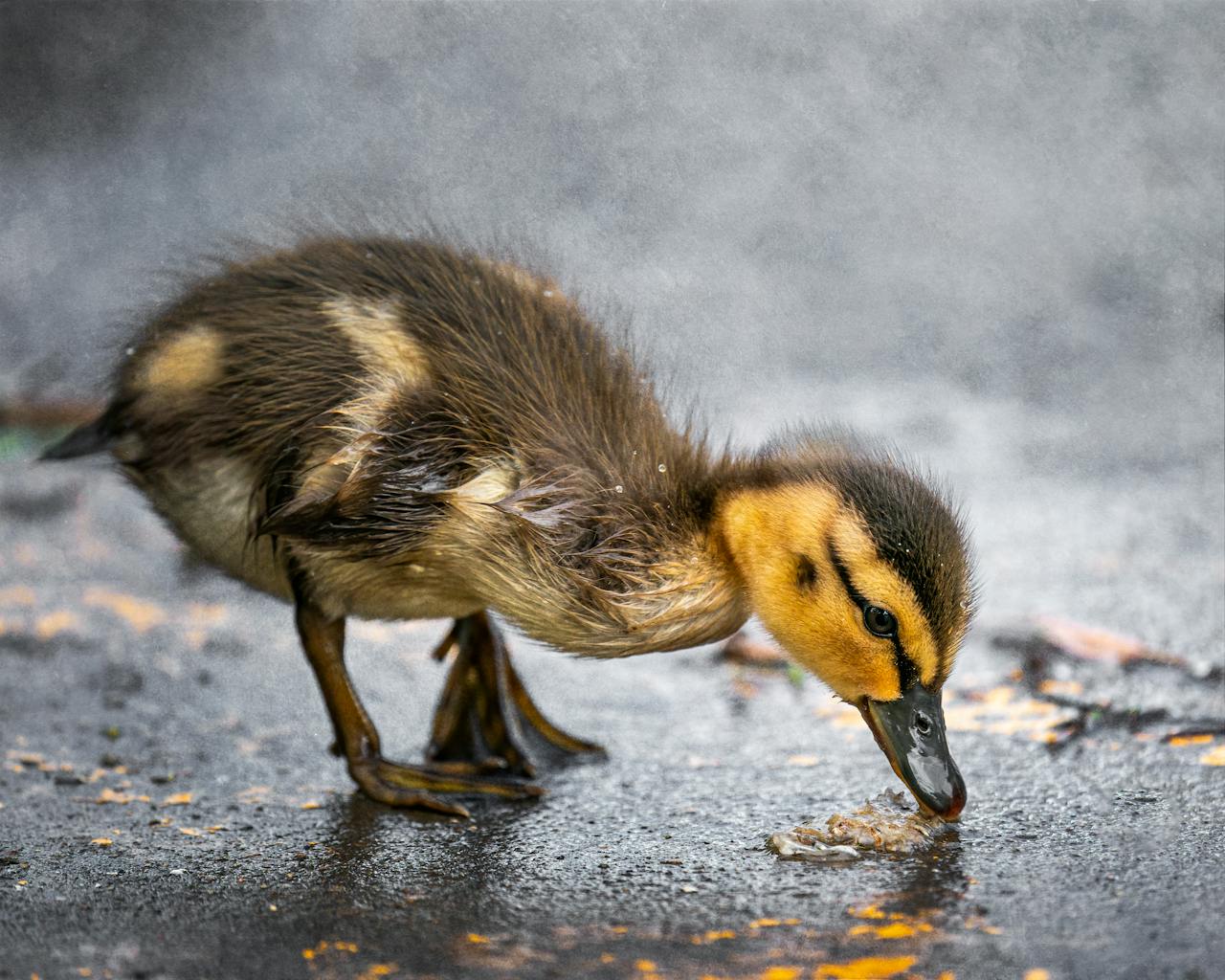
Leave a Reply